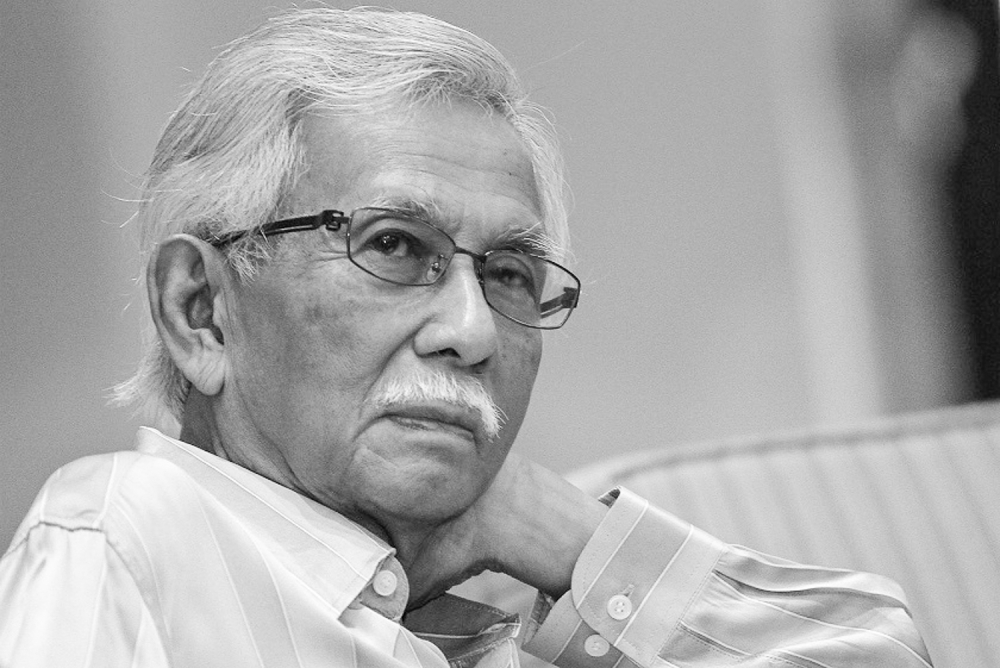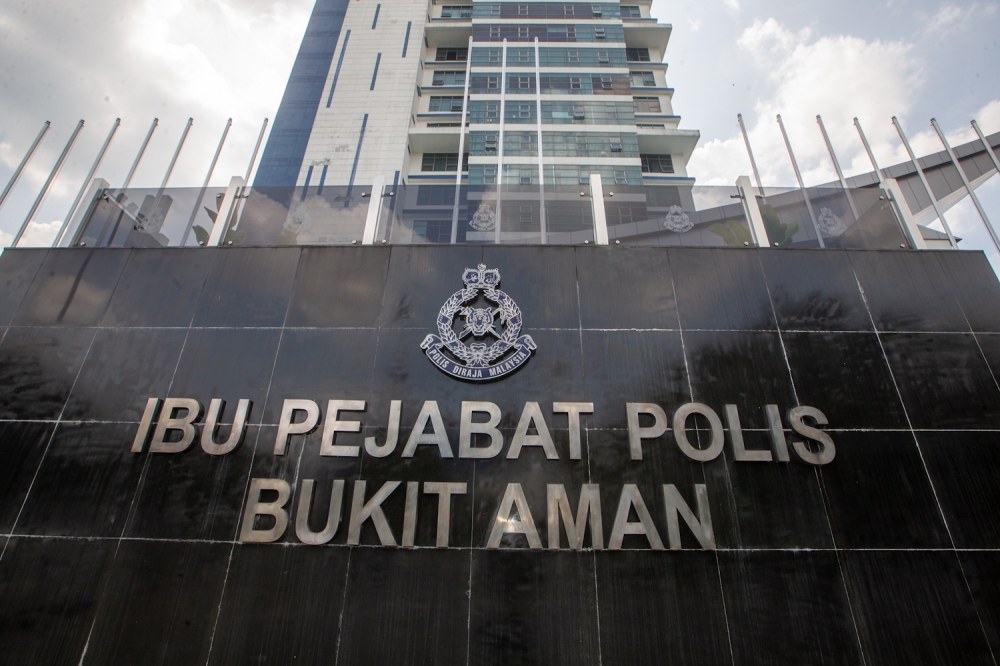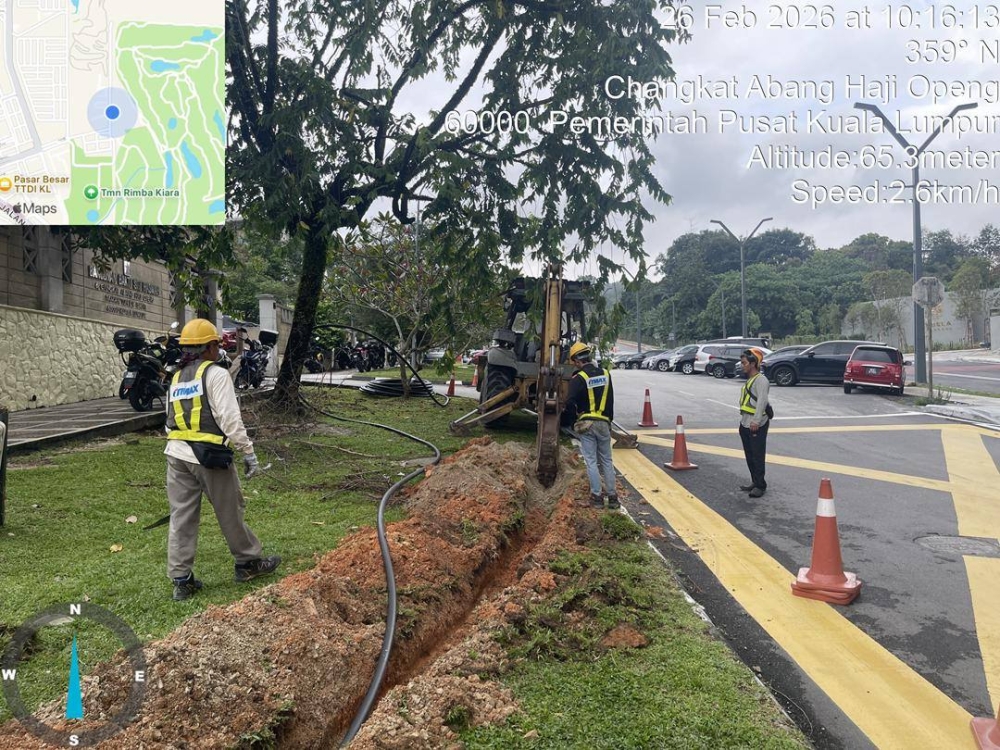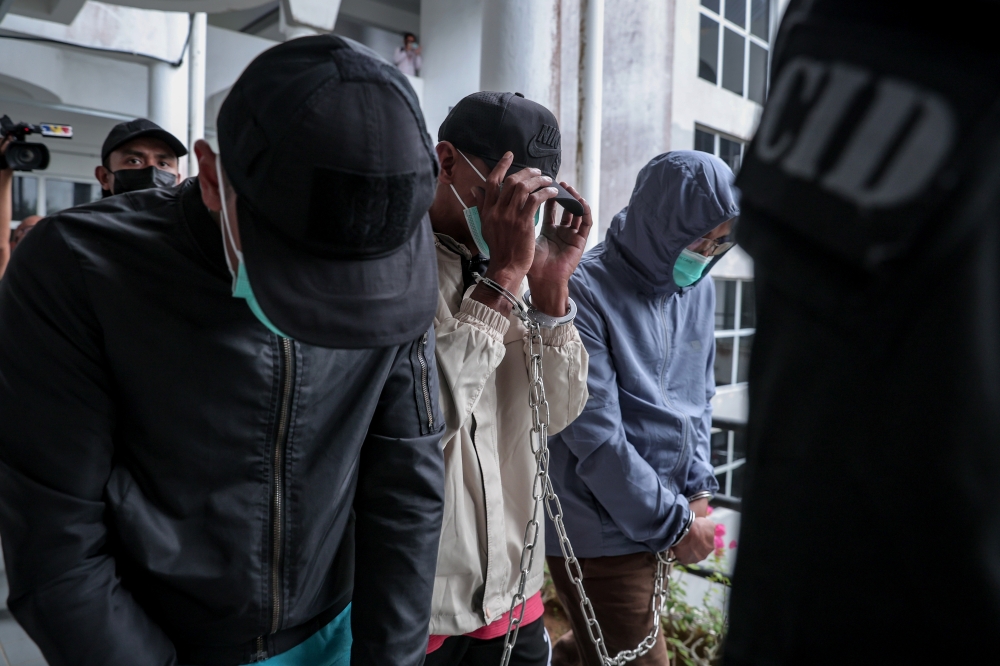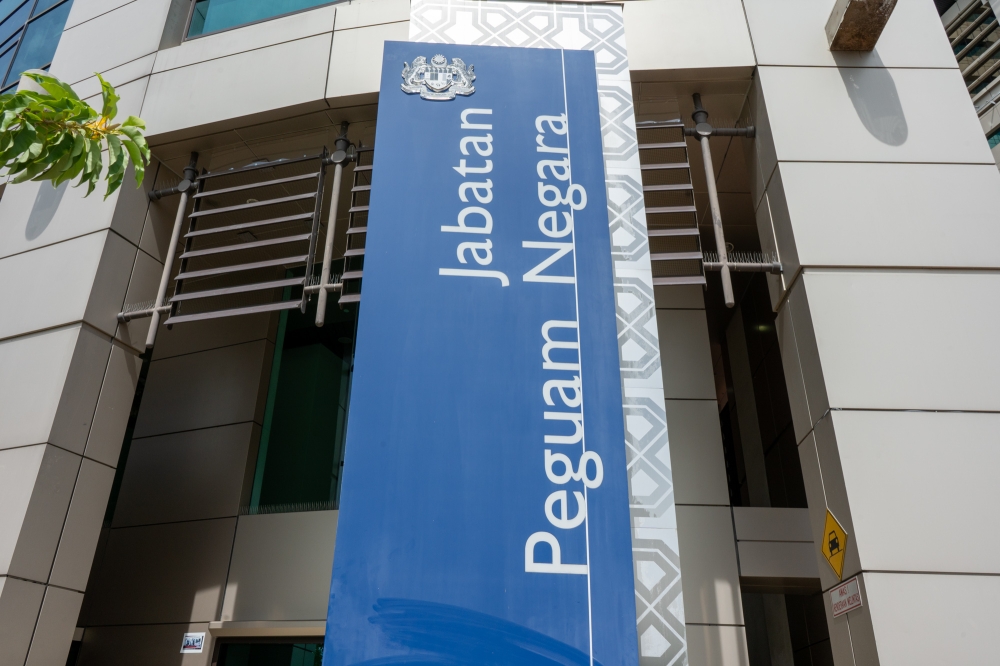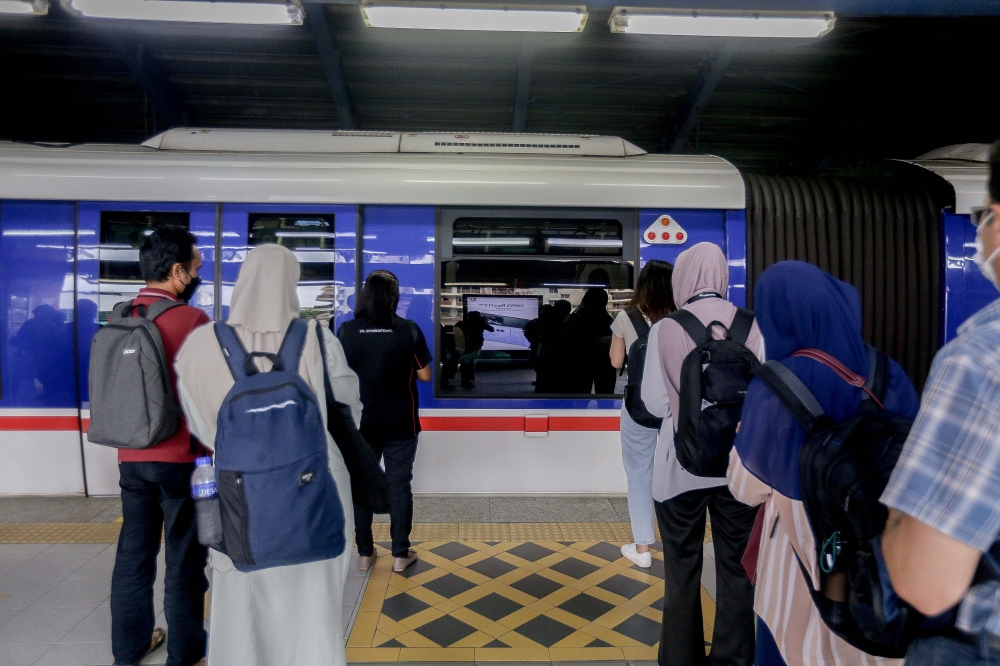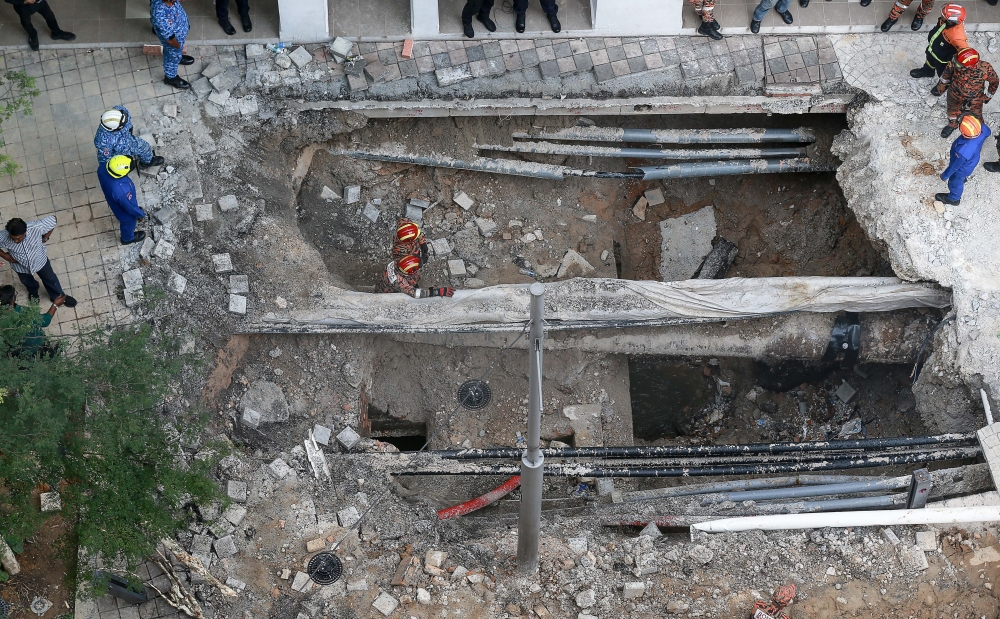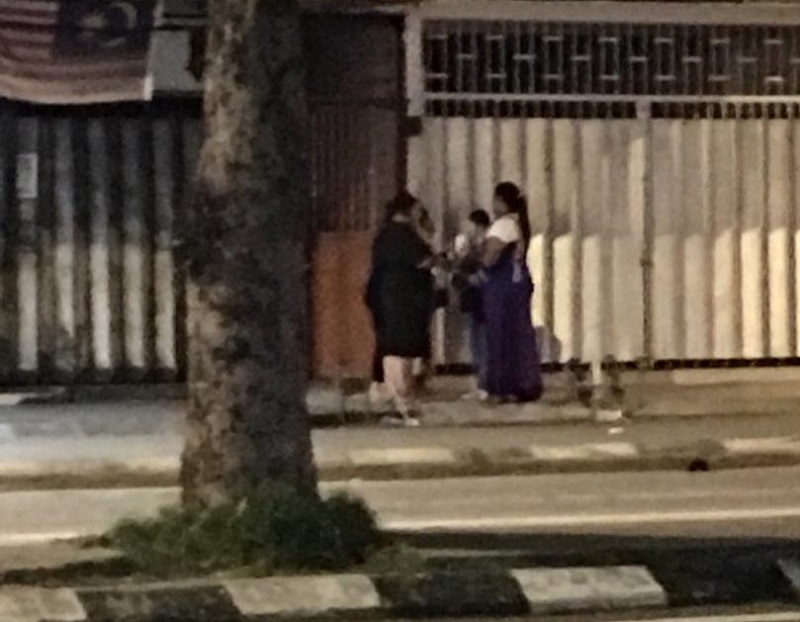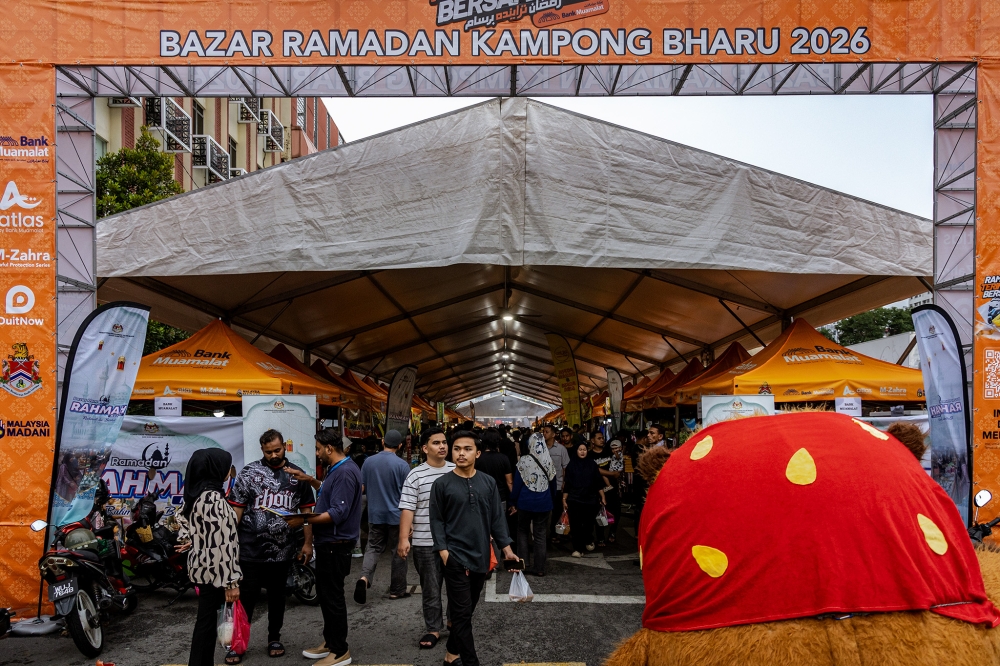KUALA LUMPUR, March 12 — Sex work is often deemed as the “oldest profession”, while some even call it the “oldest oppression”.
There are many arguments surrounding sex work but very few address the roots of the issue and even the sex workers, who are often victims of violence.
A stroll through Kuala Lumpur’s “red-light districts” such as Chow Kit and Jalan Alor is enough to give you a harsh glimpse of it.
Depending on the time of day, these areas will have sex workers waiting for clients.
Those of them who are not on the street are either at the hidden brothels or have been in the industry long enough to offer home-based services to their regulars.
Developing reliable and accurate figures on the number of sex workers in Malaysia still remains a challenging task for the country.
But a 2018 report by the Health Ministry estimated the figure at 45,000, comprising 21,000 female sex workers and 24,000 transgender sex workers.
That was a 49 per cent increase from the ministry’s 2005 report which estimated the number of men, female and transgender sex workers at 22,000.
However, the reports did not include other important data such as the main factor forcing the sex workers into the industry and their socio-economy profile.
To better understand the roots of the problem and the determining factor fueling the sex industry here, Malay Mail spoke to two sex workers who were unwillingly forced into the job.
Apart from their introvert nature, what both sex workers had in common was poverty.
Siomey
Siomey (nickname) was only 20 when her then-partner sold her to a brothel to do sex work due to their financial issues.
The 30-year-old mother of a five-year-old boy used to work as a sales assistant at a retail store prior to becoming a sex worker.
Siomey said she grew up in a poor family in Johor Baru and she still supports them financially although they are unaware of what she does.
“My parents are unwell, and I have to send them about RM1,000 monthly because they have no income.”
Just like a full-time job, Siomey said she must go to the brothel five days a week for eight hours a day.
On a normal day, she said the job earns her between RM80 and RM100.
“But now, there are days with no clients and zero income due to the Covid-19 pandemic.”
Siomey said most of her clients are blue-collar workers.
Working as a sex worker for 10 years, Siomey said she is often verbally and physically abused by the clients.
“Sometimes they ask us to offer extra services and if we don’t do it, they hit us.”
Siomey said she wants to leave the industry and go back to retail but her financial situation has made it tough for her to press the stop button.
“It’s hard to find jobs now and even if I find one, it won’t pay me the amount I’m earning through sex work.
“Most of the retail jobs only pay me around RM1,500 — half the amount I’m making now.”
Being a single mother, Siomey said it’s becoming more difficult to continue the sex work as her child grows older.
“I have to take my son to work every day, but I have colleagues who look after him while I do my work.”
Siomey said her son doesn’t know what goes on at the brothel but she feels bad and sorry for her child to be exposed to the environment.
“I have no choice; I don’t have anyone to look after him when I go to work.”
Moving forward, Siomey hopes that she can break away from the industry and be able to find a proper job.
Her biggest goal in life is to raise her son, send him to school and provide him the best education.
“I want him to become a doctor.”
Ainn
Life, for another sex worker who prefers to be known as Ainn, has been devastating since she was a child.
Growing up around sex workers with her stepmother, Ainn went through years of rape and sexual harassment by family members before being forced to do sex work for two months a few years ago.
The 35-year-old, who is HIV positive, said her stepmother was a sex worker.
On top of that, Ainn said she was raped and sexually harassed by her father and one of her half-brothers since childhood.
“My other half-brother used to watch pornography and forced me to watch with him.”
Ainn claimed that she lodged a report against her father when she was 12 and stayed at a shelter home for a while.
“But my father managed to get custody. I’m not sure how he managed to get me back.”
Ainn said her living environment was becoming very uneasy, and she couldn’t take it anymore.
“I ran away from the family to find a better life, but I lost my identity card and had to get a new one.”
Ainn said she was told by a man that he would settle her MyKad but in return, she had to work for him in a brothel to compensate the cost.
Desperate to find a new lease of life, Ainn said she agreed to do it for two months to get her IC back, but she was infected with HIV during this time.
“I later found out that the man had lied about getting me an IC.”
Ainn is currently under the care of charity organisation Pertubuhan Kesihatan dan Kebajikan Umum Malaysia (PKKUM) and lives at their shelter home.
She has stopped doing sex work and is receiving HIV treatment.
She added that she forgives her father, who died recently, and believes what she went through was a test from God.
Her only wish in life is to find her real mother, Jamaliah Mokhtar and be able to reconnect with her.
“I never had a true mother’s love and I wish I could find her one day.”
Ainn said she can’t recall her mother and all the photos she had of her mother were destroyed by her stepmother.
Moving forward, Ainn said she hopes to be able to empower women like her and encourage them to stand up against violence and abuse.
“Be strong and never let anyone harm you.”
Highly vulnerable
Highlighting the challenges of sex workers, PKKUM president Elisha Kor Krishnan said the community is highly vulnerable to sexual violence at work.
She said migrant, undocumented, transgender and male sex workers experience an even greater risk of sexual violence and assault due to limited legal options to take action against such incidents.
“There are limited options to report the violence, and sex workers are reluctant to go to the police because of the potential arrest.
“Sex workers are often ineligible to received reduced compounds or bail amount from the court.”
Elisha noted that creating awareness on the issues of violence against sex workers is the first step to address the problem.
“People get offended if we speak out on this sensitive issue but look at the consequences when there is no knowledge at all on this matter.
“Sex workers deserve the right to live like other normal human beings without discrimination and stigmatisation.”



